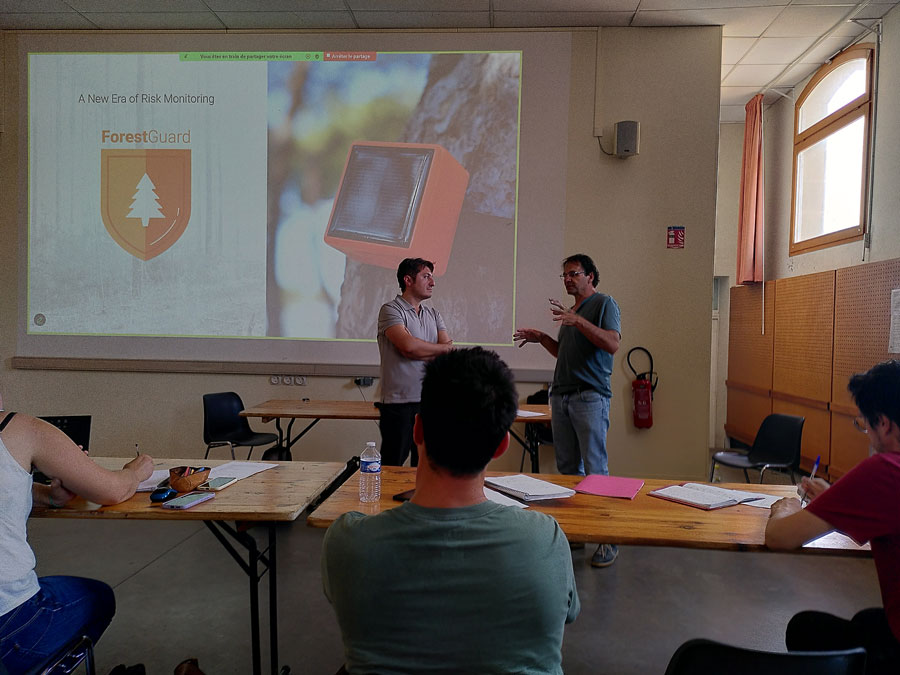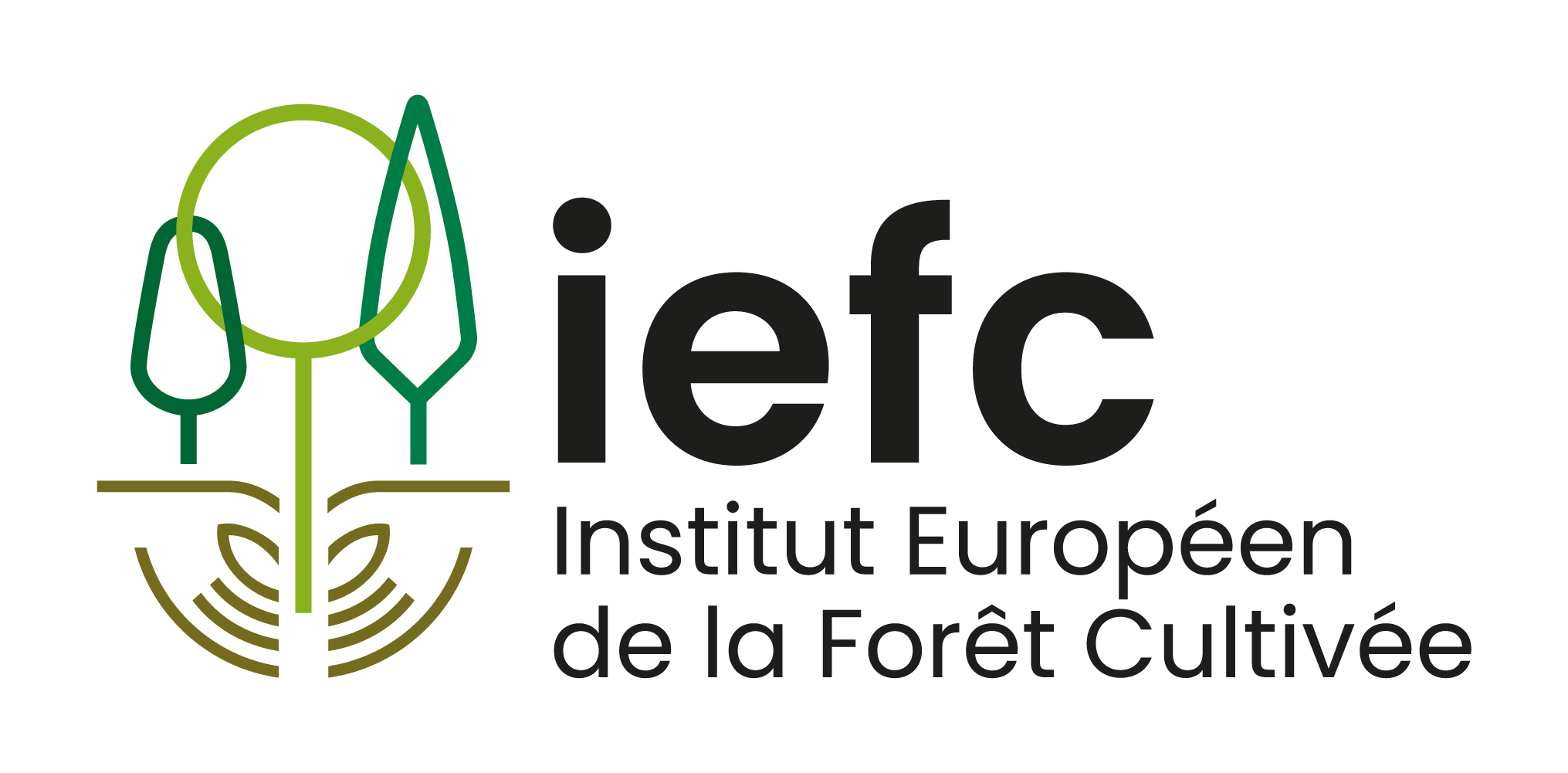
The Open Innovation Challenge (OIC) is an initiative launched as part of FIRE-RES. It invites innovative start-ups, entrepreneurs, technicians, researchers and companies of all sizes to propose innovative solutions in the field of forest fire prevention, management, response and adaptation.
The challenges to be met are organized into several themes, corresponding to the issues identified in them: risk communication, community engagement, training, management before, during and after extreme fires, surveillance, forecasting and decision support, as well as policies and governance. The solutions sought may be at different stages of development, ranging from initial ideas to products ready for commercialization.
The call for projects launched by the project coordination was closed in 2024, and the selected participants receive financial and in-kind support, as well as mentoring to develop and deploy their solutions. The winners will also have the opportunity to test their innovations in real-life conditions within the project’s 11 Living Labs.
The innovations selected for testing in the living laboratory in the Landes de Gascogne are as follows:
– Nowildfire, an early detection system for forest fires (https://www.nowildfire.com/)
– Wildflyer, a real-time weather and historical data management tool to improve fire prevention (https://www.wildflyer.co/)
As coordinator of the Living Lab, the IEFC works to promote their implementation by identifying the stakeholders likely to benefit from their use and facilitating exchanges between these actors and the project leaders.
OIC official webpage:

Demonstration of fire detection sensors with the ForestGuard representative (Mr Örnek) at the COPIL of the FIRES-RES living laboratory (CRIFF in Belin Beliet in June 2025). This solution based on air chemistry attracted the attention of the participants for situations where fires start and where there is no human presence, such as photovoltaic panel parks. It did not appear relevant for forest areas.

